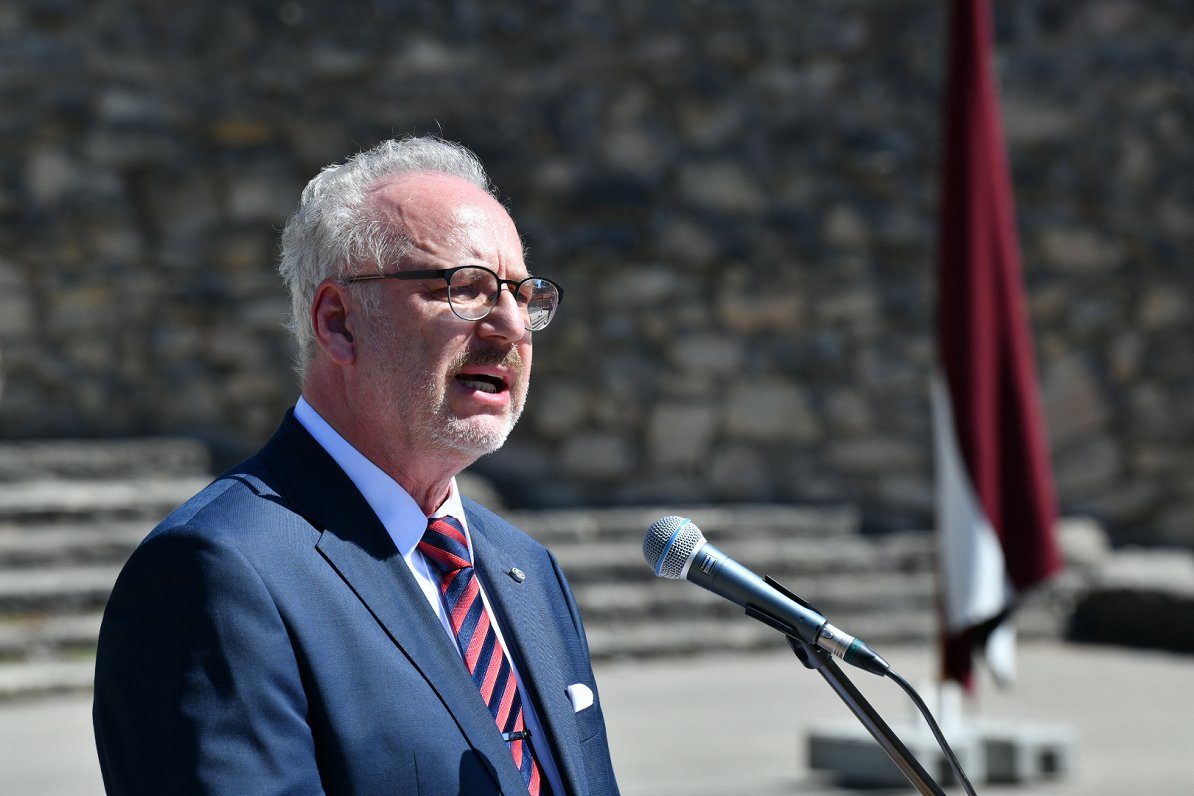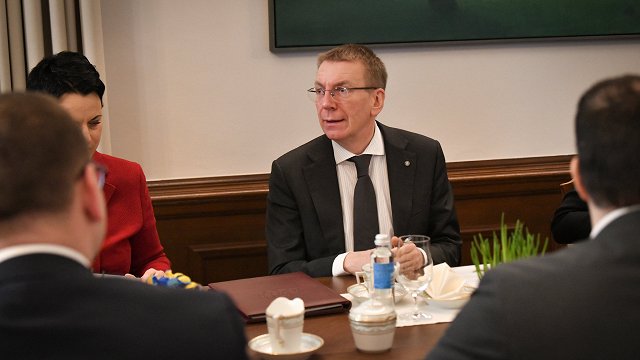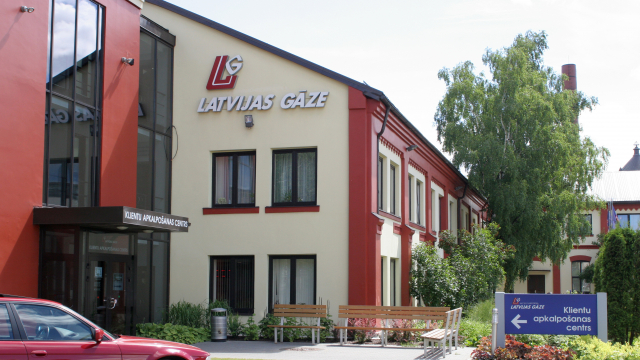According to LETA, Levits stated that not only Latvia but a number of other European countries, especially those bordering Russia, are debating whether issuing tourist visas to Russians is appropriate in Europe.
“Is it politically and morally justifiable: while the Russian army massacres and burns Ukraine, Russian tourists rest peacefully in Europe?” the president was quoted as saying.
Levits said that Latvia has not issued tourist visas since the first day of Russia's invasion – February 24 – but other countries continue to issue them. Russian tourists enter Latvia not only with tourist visas issued by Latvia but also with other Schengen countries.
Levits considers that Latvia, together with Finland, Estonia, the Czech Republic, and other similar-thinking countries, should call for a stop to issuing tourist visas to Russian citizens at European level. These would be additional sanctions against Russia.
The President also considers that residence permits and visas already issued in Latvia should be reviewed. For those who support Russian aggression, they should be revoked, and in any case, should not be extended except in specific circumstances.
Latvian long-term residents who acquire Russian citizenship should forfeit their residence permits and leave the country, said the President. It is not possible to hold dual Latvian and Russian citizenship under existing laws.
"The giving out of residence permits by previous governments, their unwarranted generosity, the granting of residence permits to Russian citizens, behind which only the selfish interests of some political businessmen were hiding, has created security risks and contributed to bilingualism. It is time to audit the consequences of this failed and dangerous policy,” Levits said.
































